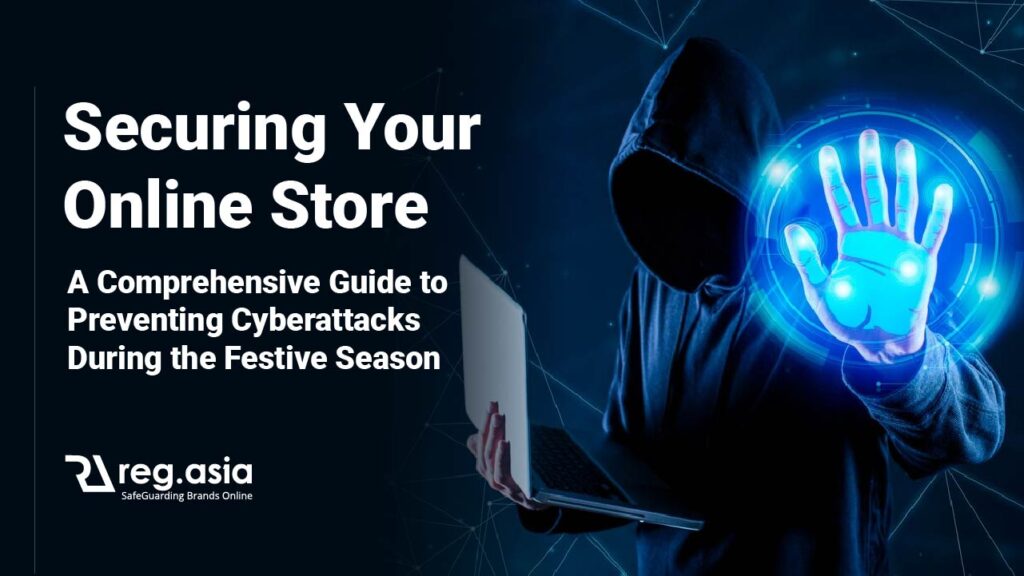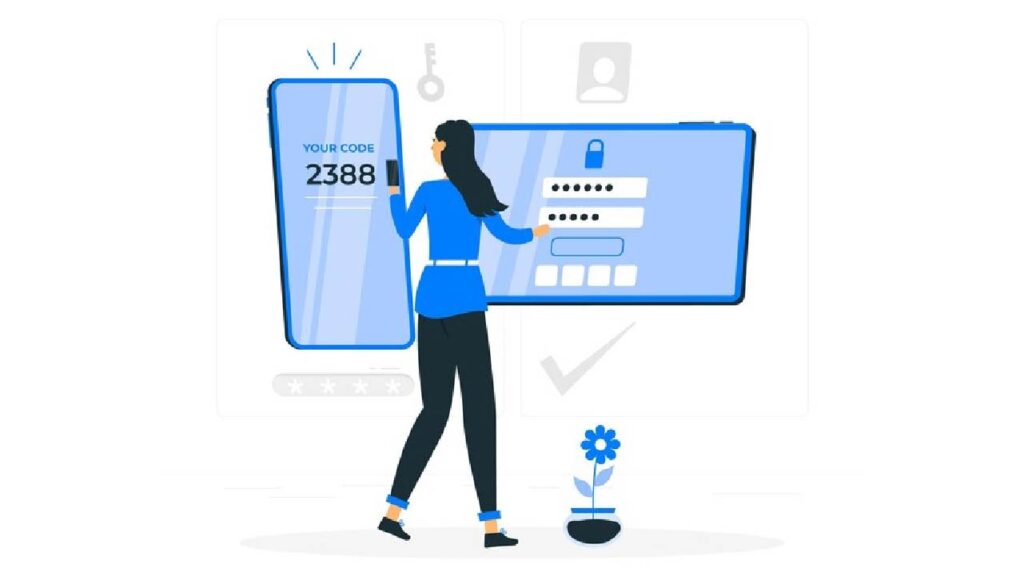Securing Your Online Store: A Comprehensive Guide to Preventing Cyberattacks During the Festive Season

As the holiday season unfolds, e-commerce merchants find themselves on the brink of exciting opportunities, with economists from Deloitte predicting a noteworthy surge in sales ranging from 12.8% to 14.3%. While the prospect of increased revenue is undoubtedly thrilling, online merchants need to fortify their digital storefronts against potential cyber threats. The repercussions of a cyberattack during this festive period extend beyond financial losses, potentially impacting the trust customers place in your store. In this guide, we’ll delve into six strategies designed to shield your e-commerce site from hackers, ensuring a secure and enjoyable online shopping experience for your customers during this joyous season.

1. Secure Sensitive Data with SSL/TLS Certificates
When customers engage in online transactions, entrusting your e-commerce store with their sensitive data, it’s paramount to maintain their trust. Employing Secure Socket Layer (SSL) or Transport Layer Security (TLS) certificates provides a robust encryption layer for sensitive data. This not only ensures the confidentiality of customer information but also fosters trust.
The utilisation of SSL/TLS certificates demonstrates your commitment to creating a secure online environment, giving customers the confidence that their personal and financial details are safeguarded during transactions. The absence of such credentials not only discourages potential customers but also exposes your site to potential cyber threats, as it needs the encryption necessary to deter unauthorised access and protect against data breaches. Therefore, investing in SSL/TLS certificates is not just a security measure; it is a fundamental step in building and preserving the trust of your valued customers.

2. Promote Two-Factor Authentication (2FA)
Elevate account security by actively encouraging the adoption of Two-Factor Authentication (2FA). This additional layer of protection requires users to verify their identity after entering their username and password, adding a crucial hurdle for unauthorised access. 2FA methods, including SMS verification or authenticator apps, significantly reduce the risk of fraudulent transactions, conveying a solid commitment to customer security.

3. Implementing Attack Surface Management
Vigilance is key when safeguarding your e-commerce site against cyber threats. Implementing Attack Surface Management is an ongoing process that involves monitoring and addressing vulnerabilities, ensuring the overall security of customer data and transactions. This practice not only thwarts cybercriminals but also enables the maintenance of secure data storage, consistent system updates, and compliance with industry requirements.

4. Conduct Access Level Audits
Regular audits of access levels are crucial to preventing unintentional vulnerabilities introduced by third-party applications or internal team members. By reviewing and adjusting user permissions, you can control access to sensitive information, assigning specific duties to each team member. This approach minimises the risk of internal security breaches and enhances overall system integrity.

5. Prioritize Cybersecurity Education
Elevate customers’ cybersecurity awareness through comprehensive educational campaigns. Encourage the use of robust, unique passwords and educate them on identifying legitimate communications from your store. Engage customers through email campaigns or informative blog posts, providing valuable insights on avoiding phishing scams and distinguishing authentic invoices from potential scams.

6. Stay Alert to Prevent and Address Cyberattacks
Maintaining vigilance against cyber threats involves implementing additional proactive measures. Regularly back up your data to prevent data loss, avoid sharing customer information with third parties and report any cyberattacks promptly. Consider employing an additional firewall, choosing a reliable e-commerce platform, and expanding your security team to ensure comprehensive protection.

As the holiday season approaches, these strategies offer a robust framework for fortifying your e-commerce store against cyber threats. By prioritising cybersecurity, you not only protect your business from potential risks but also contribute to a secure and enjoyable online shopping experience for your customers. Whether you run a large-scale enterprise or a small e-commerce business, these measures are indispensable in ensuring a worry-free and prosperous festive season. For further insights on website security, explore options such as SSL certificates and advanced security features available to enhance your e-commerce platform.
